I've spent the last six years unpacking my past, settling in self and growing in grief. This journey of emotional upheaval has been the most arduous work I've ever done, including teaching high school remedial reading to teen girls from Chicago's south side. Without warning, life demanded that I shake the snowglobe of my inner being and allow the flakes to fall in their proper places. In 2016, I returned to my small but vibrant college hometown after twenty years of living as a gypsy-like prodigal. In those twenty years, I had lived in Chicago, traveled to Kenya twice, wrote a book, earned a couple degrees and established an impressive career in family and youth services. But in all of those accolades and accomplishments, I hadn't managed to conquer the one thing that needed my undivided attention, my feelings. After settling into the home my father was raised in, which is located less than a block from my maternal homestead and childhood home, every memory I ever subconsciously silenced came rushing to the forefront of my psyche. What do you do when the life you want so desperately to forget collides with the life you've created? You feel.
So much of my childhood and adolescence were spent hiding and shushing the pain of my parents' divorce, secret abuses, and hustling for love. Add a couple of AIDS diagnoses to the mix and you have a recipe for silent suffering. I now know that for a large swath of my adult life, I lived in a state of high functioning depression. The grief of losing my mom at 19 to AIDS related illness and the distress of being diagnosed with AIDS at 26 took a mental toll so heavy I thought I might disintegrate if I were to ever allow myself to feel it. So instead, I distracted myself. In the early years, I smoked, I drank, I partied and sexed my pain away. In my quest to discover a higher power, I worked, I churched, I smiled, I prioritized the needs of others, and ate my pain.
What do you do when the life you want so desperately to forget collides with the life you've created? You feel.
In 2016, I moved home with every intention of continuing the pattern of masking my darkness with "good work". I started a tutoring business helping challenged learners. I became active in my community working part time at an afterschool program. I jumped feet first into the music ministry at my church. I did this all while taking on speaking engagements and vendor opportunities as an author. A year later, the bottom dropped out without warning. Suddenly, I found myself with no money, no functioning relationships, no car, no frilly amenities most of us take for granted. It was just me, my memories and feelings. I had nowhere to hide, nowhere to run and no more excuses as to why my feelings must wait. It was finally time to feel.
It didn't take long to discover that fear was the chief emotion calling the shots. The fear of abandonment, neglect and rejection stemming from my father's absence were running my whole show. Next up was anger. The last adjective I would use to describe myself would be angry. I'd spent so much time and energy trying not to be the "angry, Black, woman". But the truth is, my sunny disposition and optimistic attitude were masterful disguises I created to mask a tumultuous rage. I was afraid of myself. For years, I refused to allow anger to enter my consciousness because I wasn't sure I could control it if it ever surfaced. So instead, I suffocated it by inflicting self harm to avoid exploding on others. When I finally gave myself permission to unleash grief I fell into a darkness I wasn't sure I could climb my way out of. For decades, I have cried on Mother's Day and felt sadness in the weeks leading to my mom's birthday. But I never truly acknowledged the trauma of becoming a motherless daughter. With the help of a therapist, I broke that pus filled, festering emotional wound open and allowed it to ache. And it ached, and ached, and ached, and ached so consistently until some days felt like an elongated death. For months, my sleeping patterns reverted to that of a newborn. I slept during the day and remained awake til sunrise. There was something about the dark stillness that provided temporary relief. My only respite was music. I literally sang myself well. Between choir rehearsals and Sunday morning praise sessions the sole glimmer of light in my soul widened with each note. Oddly enough, my mother was a soloist who guided me into singing.
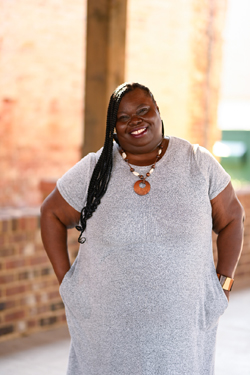
After six years of dissecting, confronting and investigating my feelings, I'm finally feeling something new. Joy. In one of my therapy sessions, I was asked to describe my most joyful moment. I sat in silence for several minutes thinking of the last time I experienced real joy. Sure I felt pride upon completion of a degree program or accomplishing a major milestone. But never joy. I'm learning that "the root of joy is gratefulness." Nothing in my life indicates that I should feel exceptionally joyful. But I do. Recently, I was rejected from a PhD program that I really believed was a perfect fit. The job I accepted two months ago ended abruptly due to transportation issues and logistical faux pas. So I find myself in a familiar place where funds are limited and the way forward is unclear. But this time, I have a newfound joy and peace that has replaced fear, anger and grief. As a result, I can walk in gratitude for the seemingly difficult moments of my life that have been knitted together to produce a story worth telling. I'm grateful for the dark places I've seen and experienced. Because of them, only light and love illuminate every step forward. As I learn to embrace and navigate joy, I'm rediscovering and redefining my passions for creativity and service. I now have a certain clarity about my purpose that was once a vague haze of ideas. At church, we used to sing a song years ago that says "Weeping may endure for a night. But joy comes in the morning." I didn't fully understand what the older folks meant then. But I do now. Good morning, world!


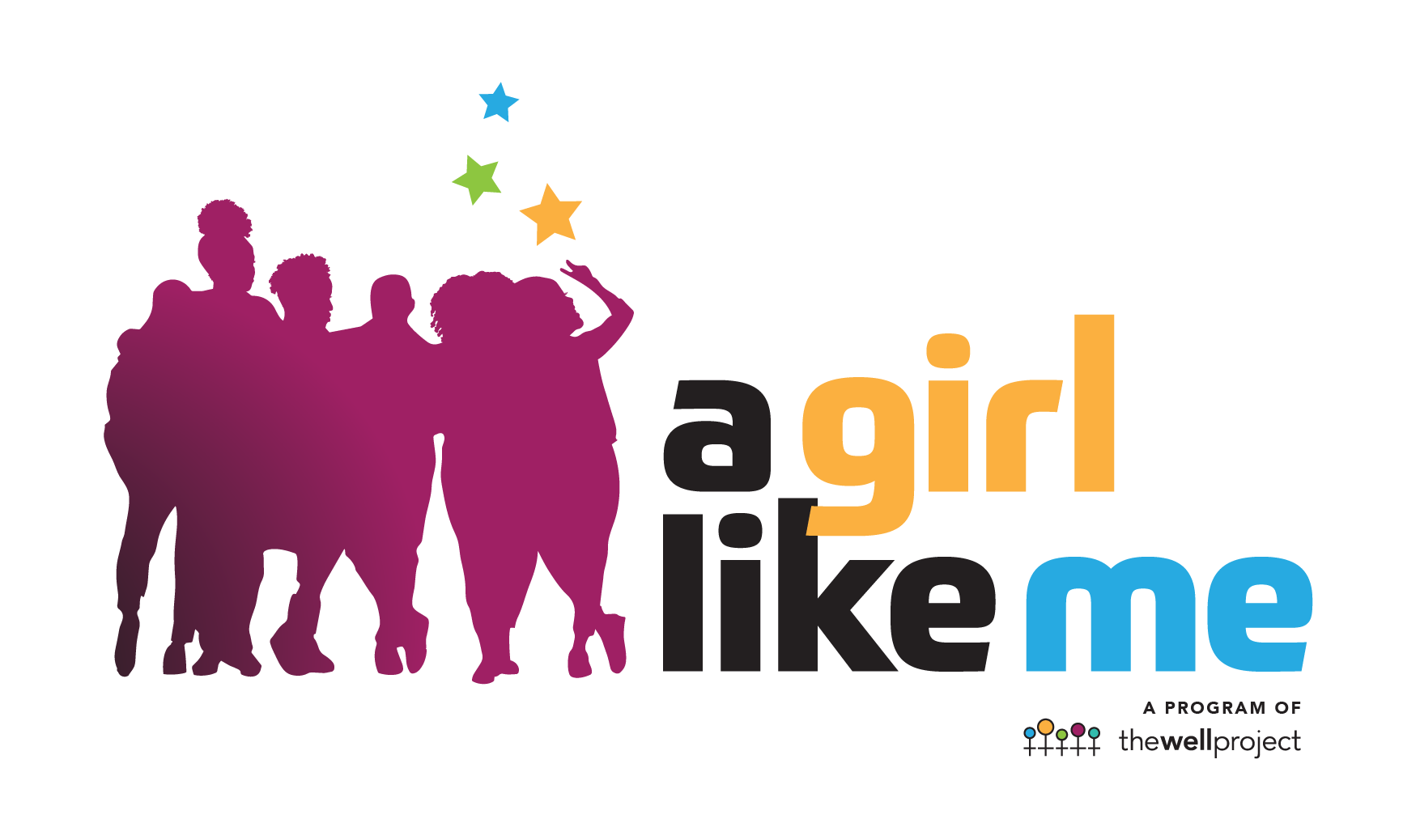
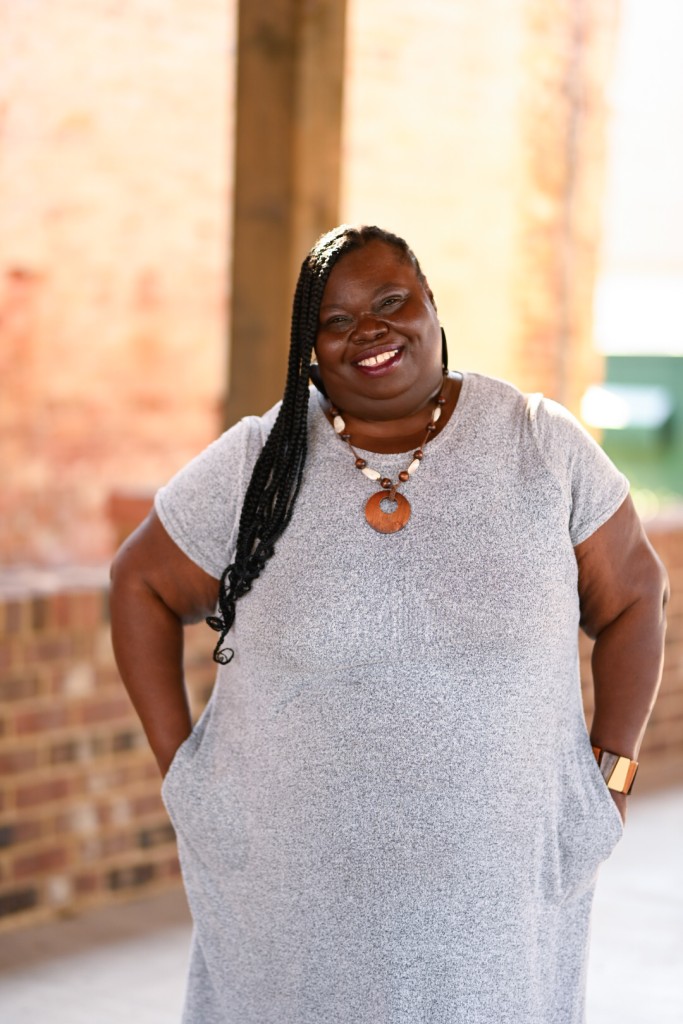
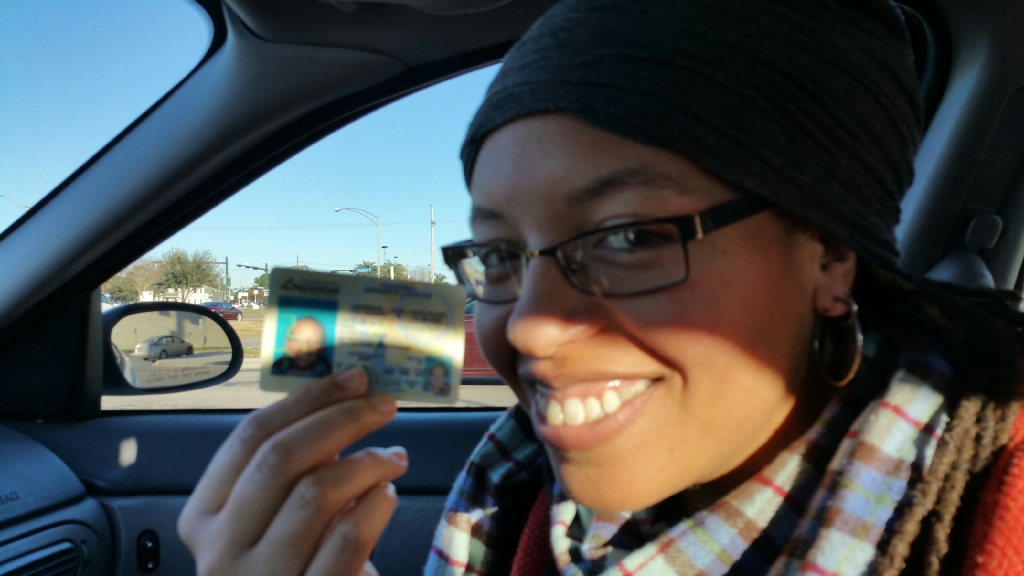
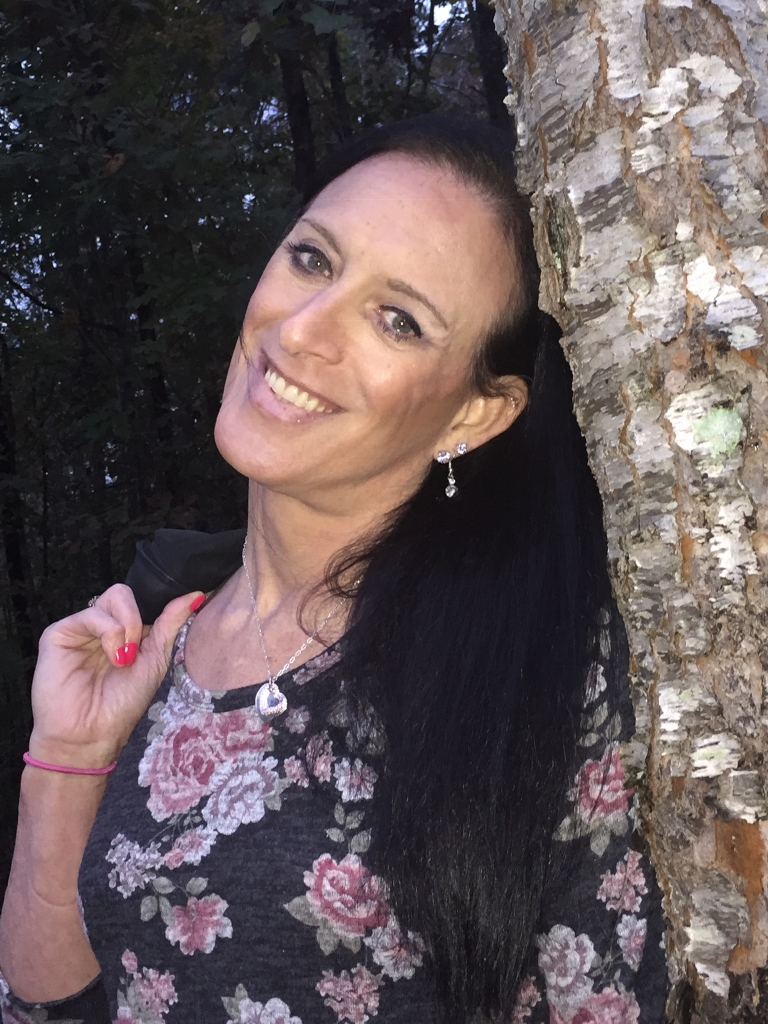
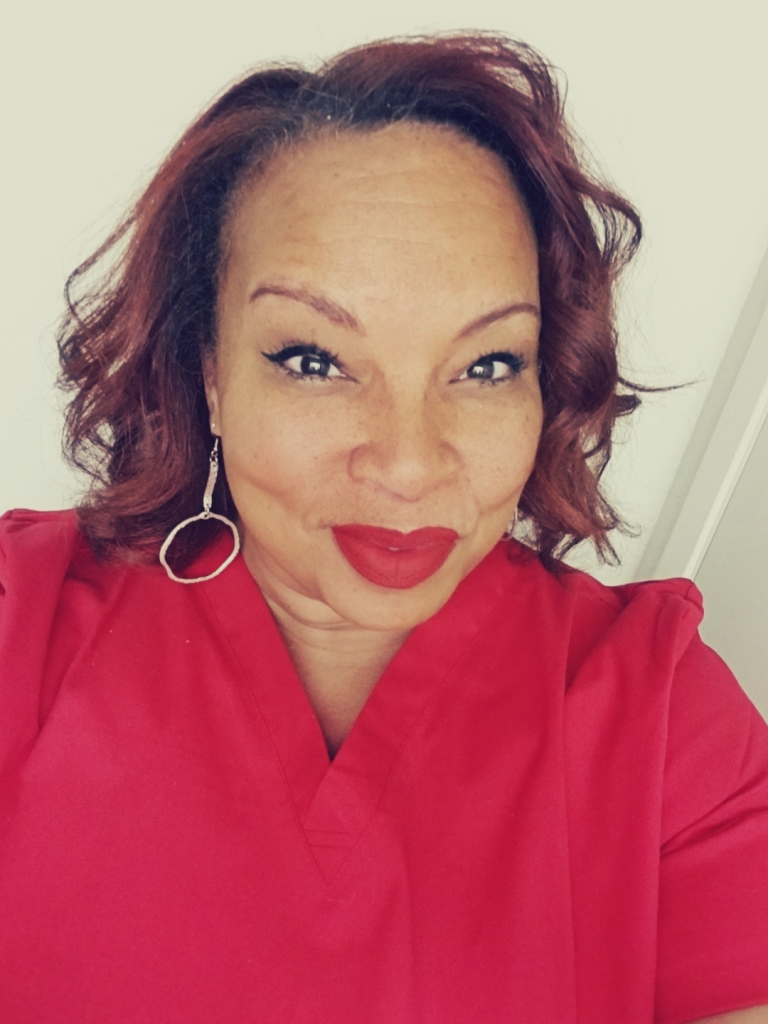
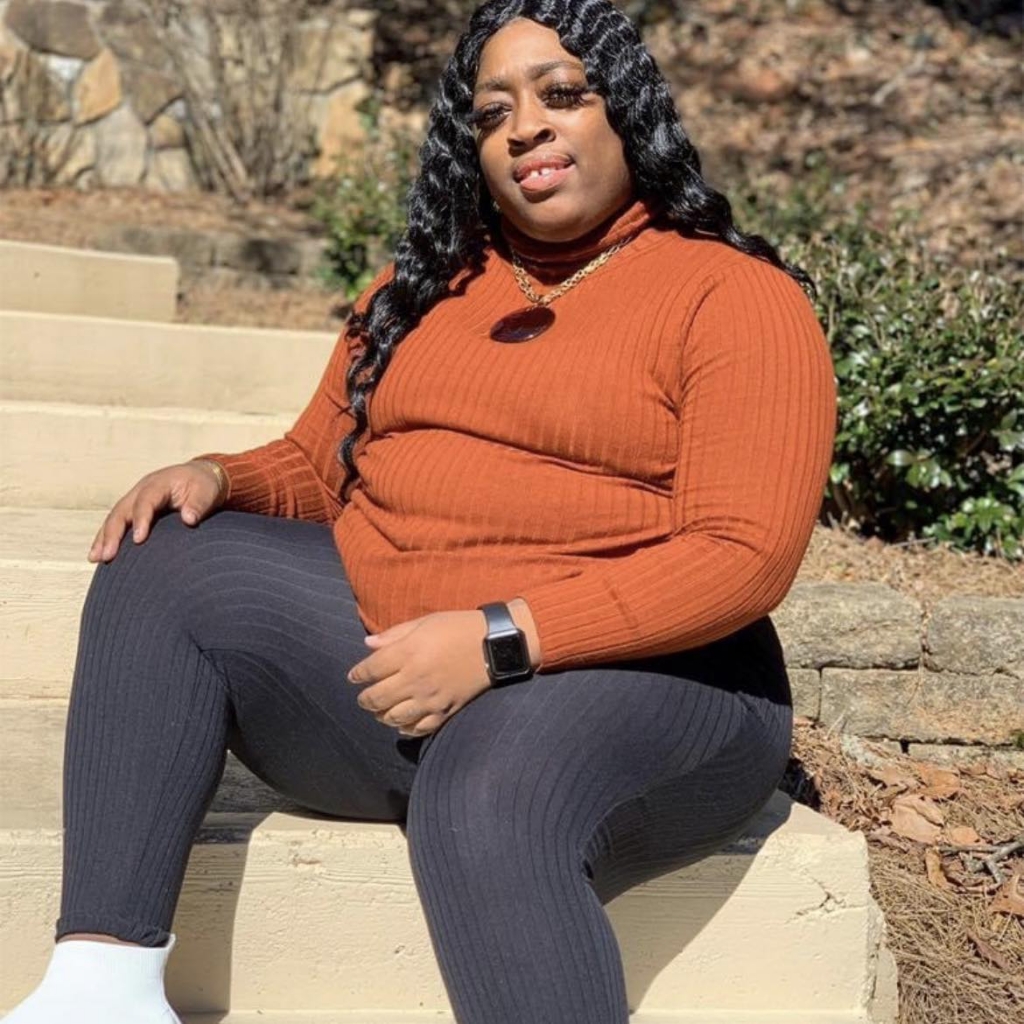
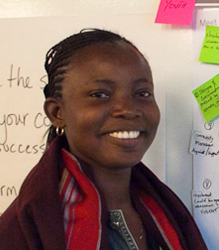
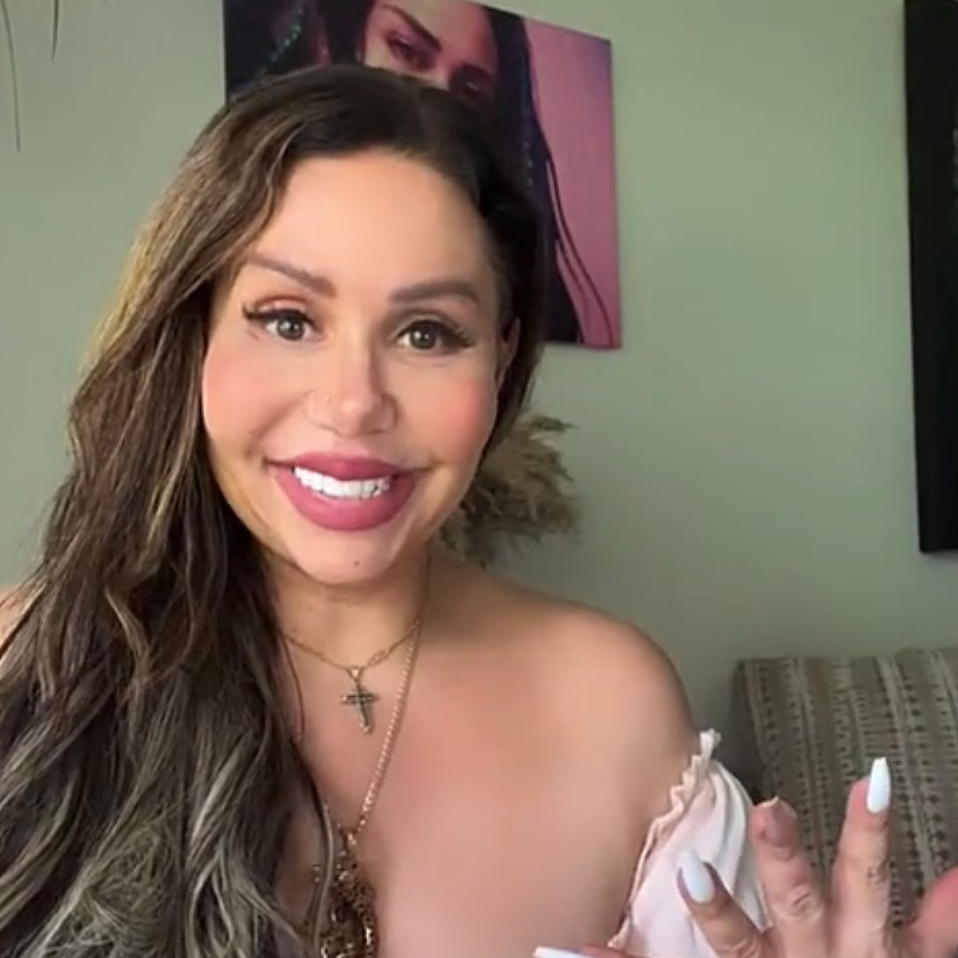



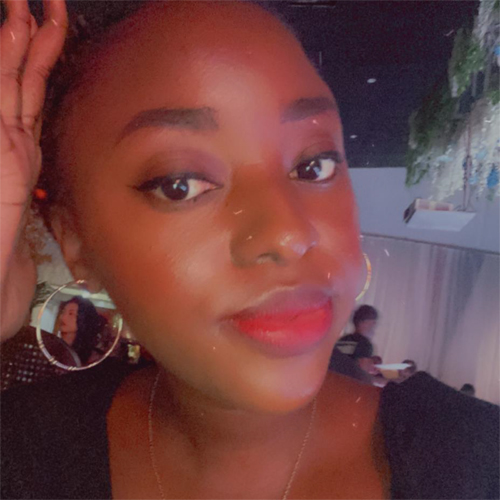
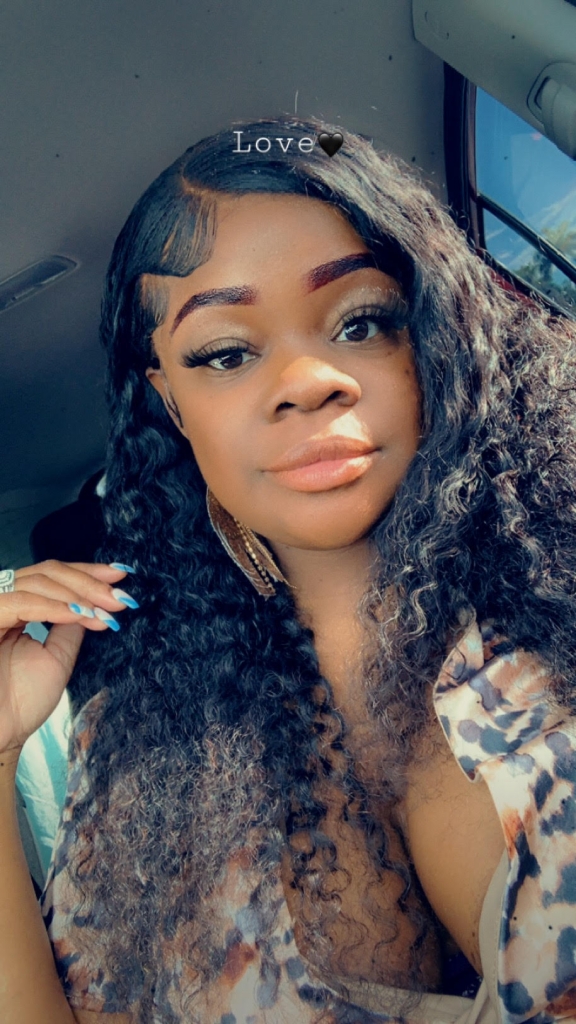


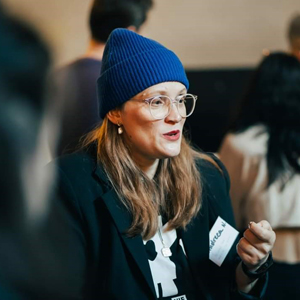

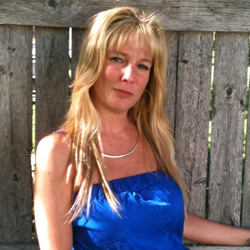


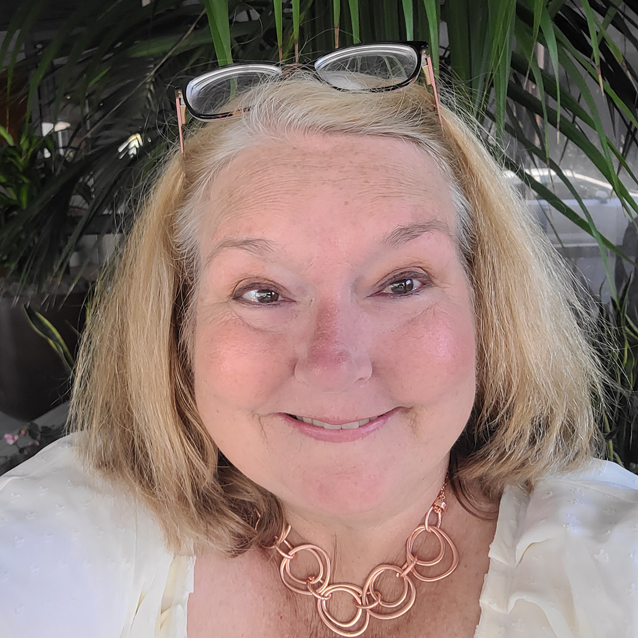

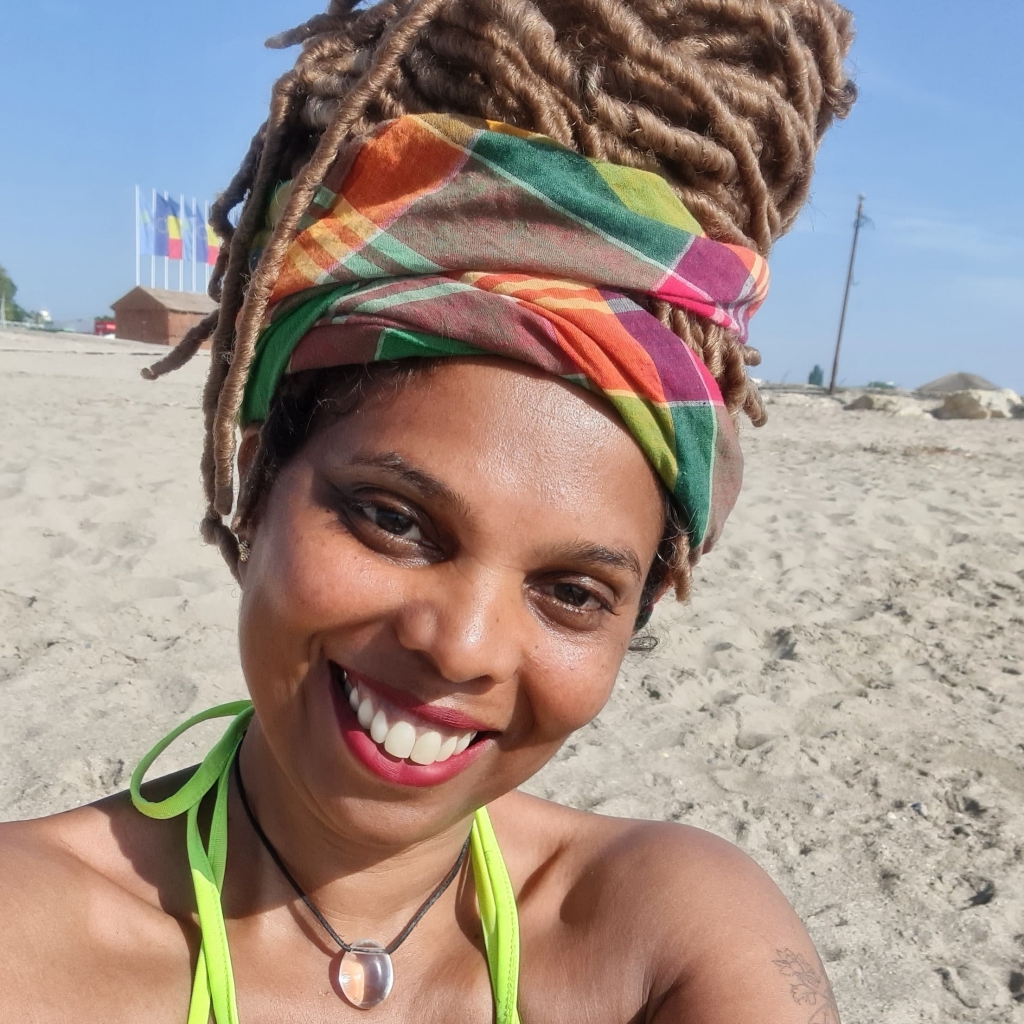



Thank you!
Thanks for your kind words, Olivia! I hope you are well.